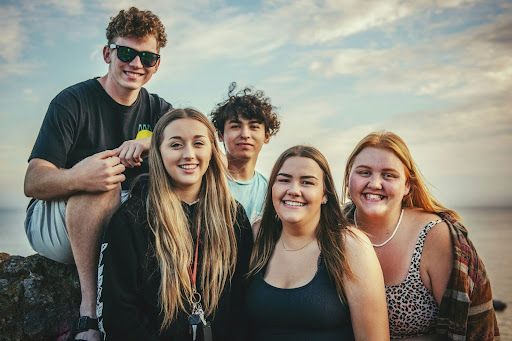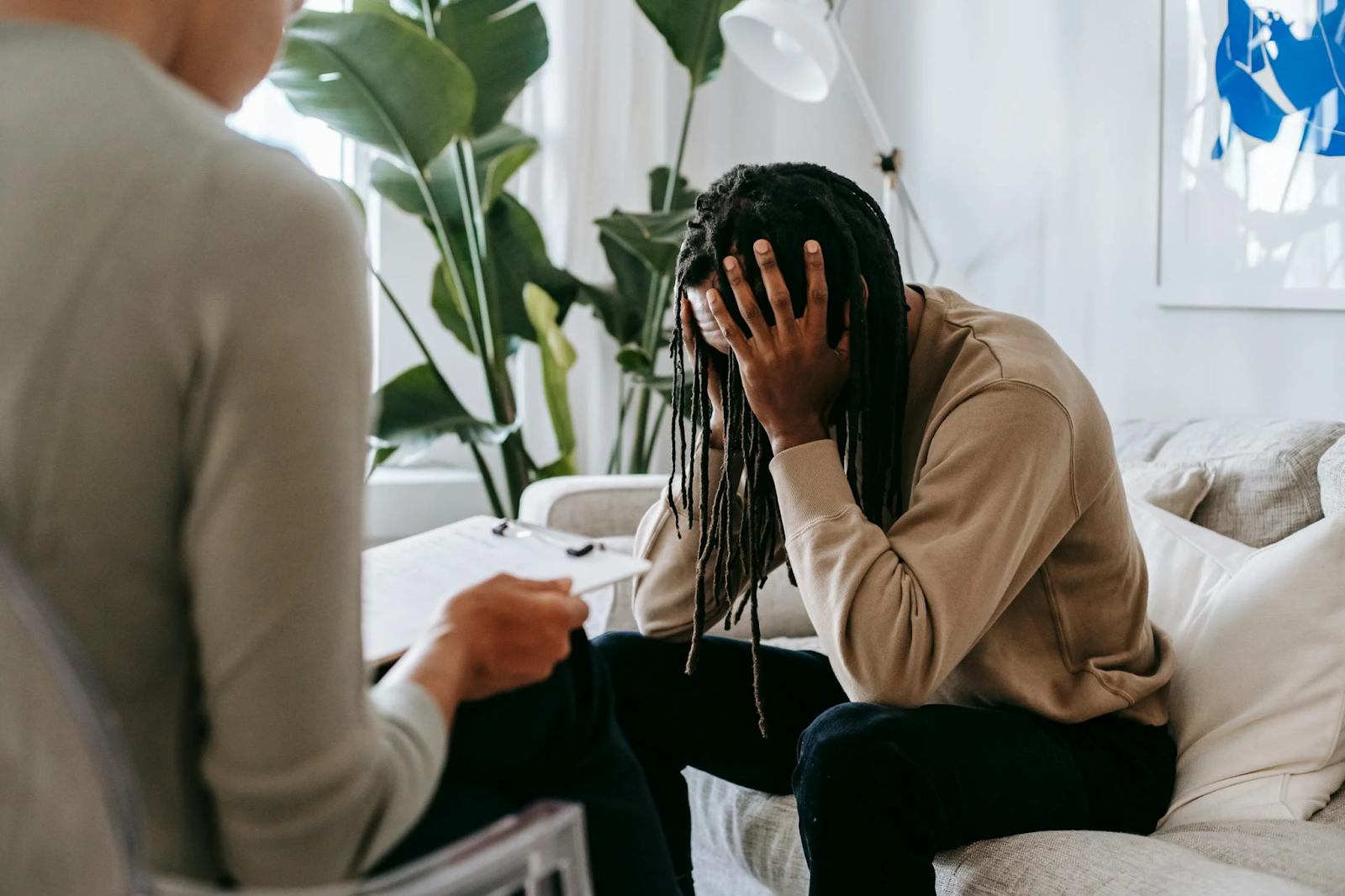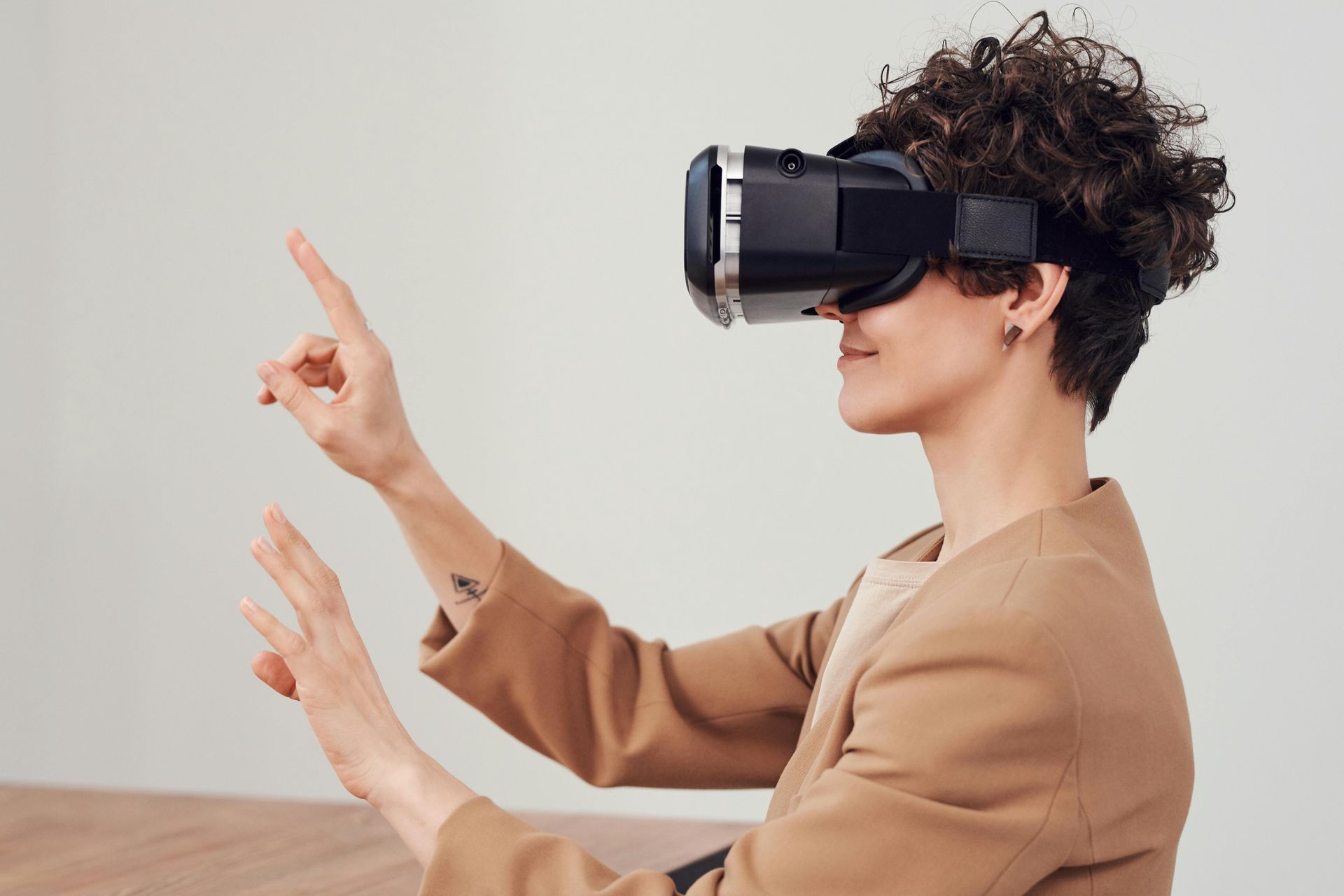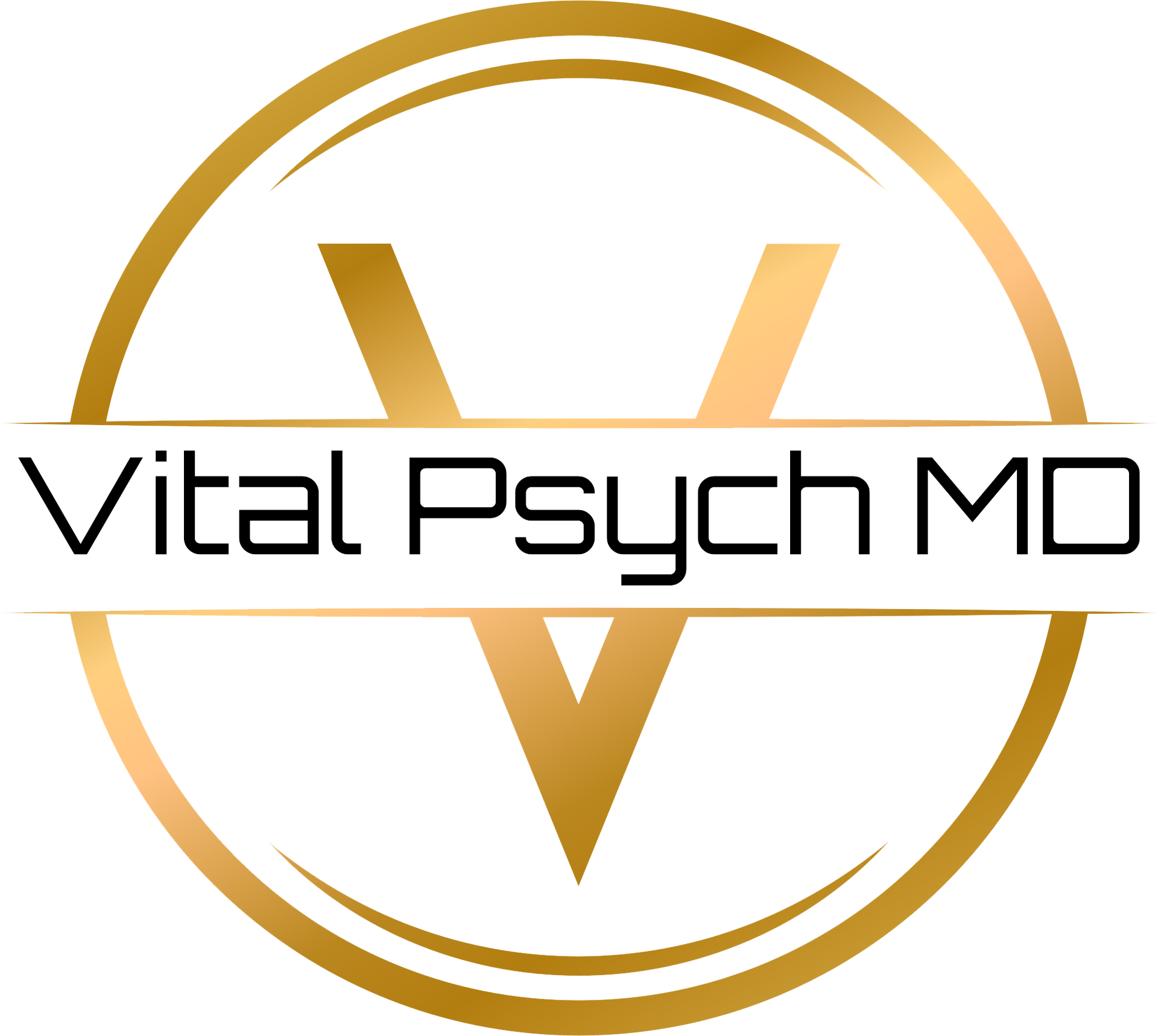Balancing Social Media Use With Mental Health
Social media platforms have seamlessly woven themselves into our everyday lives, connecting us with friends, family, and communities near and far. However, these virtual networks can carry hidden pitfalls affecting our emotional well-being. Striking the right balance between online engagement and mental health preservation is an active process that requires both awareness and effort.
The Double-Edged Nature of Social Media
On the surface, social media can be a fantastic resource for staying updated on global events, exploring new ideas, and fostering a sense of belonging. For instance, connecting with supportive online communities devoted to hobbies or shared challenges can provide a welcome boost to self-esteem. Research highlights that online friendships and supportive digital spaces can help reduce feelings of isolation.
Yet, that same ease of connection can swiftly turn into an overwhelming tide of information, comparison, and even misinformation that can harm mental health. Individuals may find themselves caught in the “comparison trap,” measuring their own achievements and appearance against the curated, polished images on their feeds. This constant barrage can fuel anxiety, erode self-esteem, and affect overall mood. Balancing the negative and positive sides of social media is essential for maintaining emotional harmony.
Data-Driven Insights From Academic Research
A growing body of research points to both the benefits and risks of social media usage. Researchers found that limiting social media use to just 30 minutes per day significantly reduced loneliness and depression among study participants. This data supports the notion that moderation, rather than total abstention, can be a key factor in maintaining mental health while staying connected online.
While social platforms can promote civic engagement and social ties, they can also amplify stress due to exposure to negative news and the pressure of constant connectivity. It is for users to set mindful boundaries around social media consumption.
Recognizing Unhealthy Patterns
An essential step in balancing social media use is identifying potentially harmful online habits. For example, if you notice an increase in stress, irritability, or low self-esteem after scrolling through social media, these might be signs of an unhealthy connection. Frequent “doomscrolling”—the act of continuously reading upsetting news—can also exacerbate anxiety. Similarly, disrupted sleep schedules, missed deadlines, or strained relationships are often symptoms that online browsing is interfering with offline life.
Growing awareness of these triggers can empower you to make informed decisions about how, when, and why you choose to engage on social media. It can be as simple as taking note of your mood before and after a scrolling session, tracking these impressions over a week, and then evaluating whether your online activity is enhancing or hindering your mental well-being.
Setting Boundaries and Building Healthy Habits
Creating thoughtful boundaries around social media is central to protecting mental wellness. Start by establishing intervals for checking social feeds rather than engaging constantly. For instance, you might designate periods during the day—such as lunchtime or early evening—rather than scrolling throughout each hour. Silencing notifications can further assist in preserving focus, ensuring that you remain in control of your choices.
Equally important is curating a feed that nurtures positivity and accurate information. Consider unfollowing accounts that promote unrealistic body images, spread negativity, or push exaggerated claims about health and wellness. Instead, follow sources aligned with evidence-based practices and reputable mental health advice, such as the National Institute of Mental Health or similar organizations providing trustworthy data. By doing so, you foster an environment that resonates with your well-being rather than undermines it.
Turning Online Interactions into Positive Experiences
Social media can be an extension of your support network if used with intention. Joining online communities dedicated to mutual interests—think book clubs, volunteer initiatives, or skill-building groups—can amplify your sense of encouragement and camaraderie. Engaging in constructive dialogues, sharing helpful resources, and expressing genuine empathy in virtual interactions contribute to a healthier digital space that boosts mood instead of depleting it.
It can also help to adopt a mindset of active consumption: rather than passively scrolling, engage meaningfully. Comment thoughtfully, ask questions about topics that intrigue you, and share evidence-based resources. This shift from passive observer to interactive participant can transform social media from a source of passive stress into a tool for active personal growth.
Next Steps for Support
Learning to navigate our increasingly digital world is an ongoing journey that combines self-awareness, healthy boundaries, and proactive engagement. If you find that your emotional well-being continues to be impacted by social media use, discussing these concerns with a mental health professional can make a significant difference. Professional guidance may give you tailored strategies and objective insights to help you maintain composure in a constantly connected world.
To explore comprehensive
mental health services or to learn more about how an individualized approach can benefit you,
contact us today. Our platform is dedicated to supporting your journey toward better balance, whether it involves managing social media habits or seeking additional care tailored to your needs. By remaining mindful, evidence-oriented, and proactive, you can preserve a healthier state of mind and make the most of what social media has to offer.

